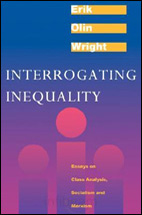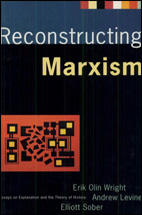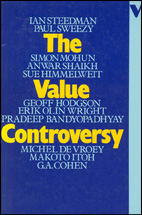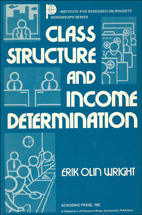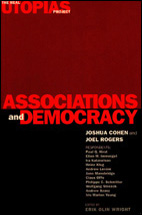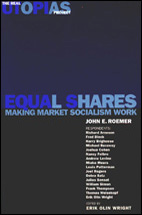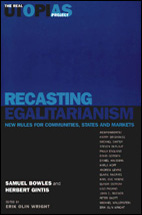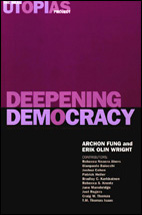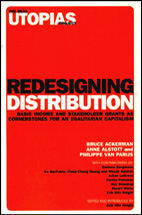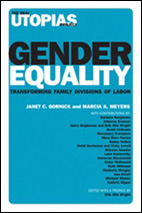Class Structure and Income Determination
Class Structure and Income Determination by Erik Olin Wright, Academic Press 1979
Economic and social inequality are phenomena deeply rooted in the structure of modern capitalist society. What is their nature and what role do they play? Theoretical debates on these issues have revolved around the concept of class, and in particular around the adequacy of the Marxist view. Empirical studies of inequality, in contrast, have almost totally ignored Marxist notions of class structure, concentrating instead on status attainment or on occupational or educational inequality.
Erik Olin Wright, a sociologist in the Marxist tradition, has made a systematic effort to bridge the gap between contending theoretical perspectives on class and the growing body of quantitative studies of social and economic inequality. His basic theme is that class, defined not as an aggregation of individuals but as positions within social relations of production, plays a central role in structuring income inequality in advanced capitalism. In order to investigate this theme, Wright offers a new strategy for decoding and operationalizing class structures of contemporary capitalist societies. He plays particular attention to those locations in the class structure, such as managerial and supervisory positions, that do not fit neatly into the traditional class categories of Marxist theory; they belong neither to the working class, the capitalist class, nor the self-employed petty bourgeoisie. He argues that in order to understand income inequality it is necessary to examine the specific structural mechanisms through which income is determined within each of these different class positions.
Working with date from the Michigan Panel Study of Income Dynamics, the Survey of Working Conditions (1969), and the Quality of Employment Survey (1973), Wright undertakes an intensive empirical analysis of class as a determinant of income, comparing its effects with those of occupational status, and analyzing its interactions with education, race, and sex. His results demonstrate conclusively that class has a systematic and pervasive impact on income inequality. They call into question many of the underlying assumptions of conventional research on income determination in particular, and on social inequality in general.
Buy from Amazon.com / Amazon.co.uk
Part I: Theoretical Perspective
Chapter 1. What is Class?
Chapter 2. Classes in Advanced Capitalist Societies
Chapter 3. Theoretical Perspectives on Income Inequality
Chapter 4. Class and Income: Hypotheses
Part II: The Empirical Investigation of Class Mediations of the Income Determination Process
Chapter 5. Class and Occupation
Chapter 6. Class and Income
Chapter 7. The Managerial Hierarchy
Chapter 8. Race and Class
Chapter 9. Class and Sex
Chapter 10. Conclusions



